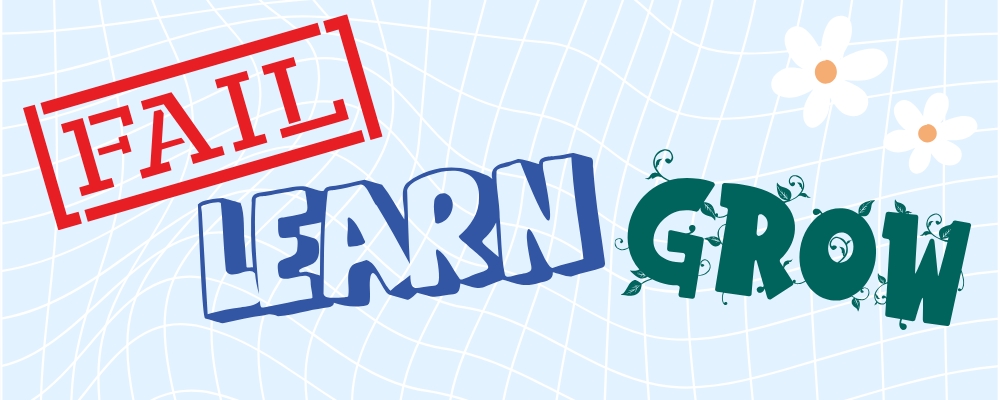How to Build 5 Healthy Habits in the Middle of Chaos
RAFT Team, September 29, 2020
Chaos. It makes you feel you’re stuck with nowhere to go.
How do you navigate chaos? Outer chaos in the world around you can make your internal emotional world feel like you’re on the longest rollercoaster of your life — in the dark. How do you navigate chaos? Is there a way through? There are some parts of chaos you can control, and you can mentally prepare for the things you can't control, so when you feel the swirling craziness rising, you don’t have to panic.
“Every day brings a choice: to practice stress or to practice peace.”
Joan Borysenko
Your external world and internal world are inextricably linked.
When your emotions are in turmoil, it’s natural to see the world around you as turbulent. When you’re fulfilled and purposeful, the world around you more often feels like a positive, benevolent place. The outer chaos merely represents your mental state. So how do you shift into an inner calm so that sea is smooth and ripple-free instead of crashing with waves that threaten to pull you under? Below we cover 5 healthy habits that will bolster you as you navigate chaos.

1. Reframe Your Thoughts
Your thoughts dictate your actions and emotions. This means you have a choice in what you do and how you feel. It also means that you have to get strict with your mind and what you allow it to dwell on, especially when things feel chaotic. Because if you don’t, it’s going to take advantage and get away with more and more negativity. The next time you realize you’re dwelling on a negative thought, stop it in its tracks. Don’t let it take one more minute of your time. Instead, replace it with a positive one.
2. Speak Positively
For every negative thing you say, there’s a converse positive that can take its place. Remember, even a 99% chance of something failing means there’s still a chance it will succeed. It does wonders for your body and emotions to keep your thoughts on the good that can happen.
- Replace “I don’t...” with “I would rather...”
- Replace “I can’t...” with “I can...”
- Change “I won’t...” with “I will...”
- Replace “I need...” with “I enjoy...”
- Remove “should” from your vocabulary. This is a word that creates shame.
- Change a “Why not?” to a “Sounds good!”
- Replace “I forgot.” to “I’ll make a note to remember next time.”
- Change “I’m exhausted.” to “I need to rest.”
- Change “I’m sorry.” to “Thank you for your patience.”

3. Practice Gratitude
You are surrounded by gifts on a daily basis. A dewdrop balancing on a leaf, reflecting the world in its wetness. A breeze on your face that keeps the air fresh instead of stagnant. A bird trilling. A child laughing. The tick of a clock that assures you that life hasn’t stopped. A frosty breath on a cold morning. The refreshing coolness of a sip of water. The softness of your bed when you sink into after a day well-spent.
Note what’s noteworthy, and then write it down. Try documenting 3 noteworthy things a day for 30 days, with no repeats. Or review one thing each of your five senses experienced each day and make a list. This practice of observing what’s good and positive in your life and then documenting it will begin to change your perspective and your mindset as you move through life. You'll build resilience. You'll be a better leader. And instead of complaining about the rain, you’ll see a world washed clean.
4. Stay Healthy
Take time to move every day. Get outside. Eat a tiny bit better today than yesterday. Your brain will thank you, because exercise releases neurochemicals that make you feel great. And when you’re buried in the stress that devours the good chemicals in your brain, exercise is an easy way to get back on your feet. Which gives you the energy to reframe your thoughts and speak positively.
5. Make Time for Relationships
When you’re pushing yourself hard as you can to help as many people as you can, it’s easy to feel you don’t have the time or energy to spend meaningful time with friends or even family. But studies show that when you take the time to develop and deepen these relationships, your stress levels lower and helps everything else feel more manageable.

As you work to implement these new habits, be patient with yourself. It takes time and dedication to establish a new way of living. There will be days you miss the goals you’ve set for yourself. Reframe any negative thoughts and find a way to speak positively to yourself. Last, consider what you can stop doing in order to make the time and energy to pursue these habits. Don’t add them on top of what you’re already doing. Instead, make space for your priorities and gently choose to practice peace.







